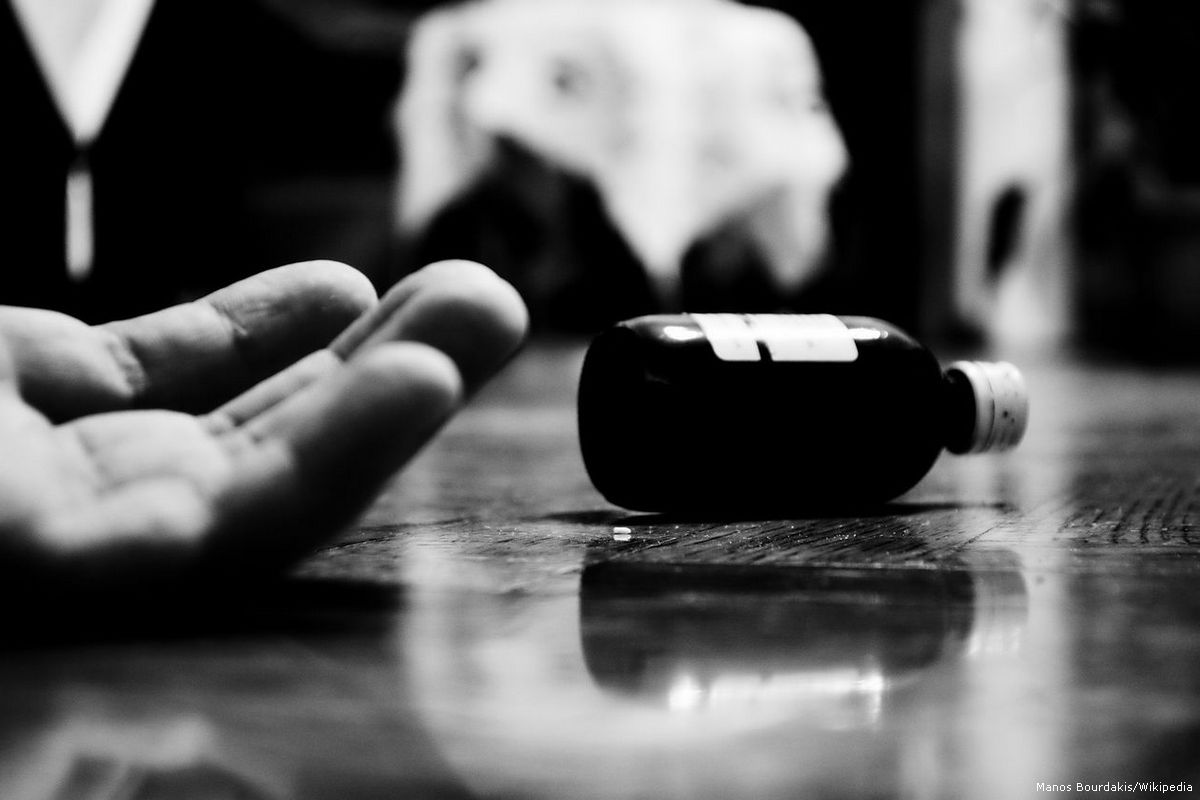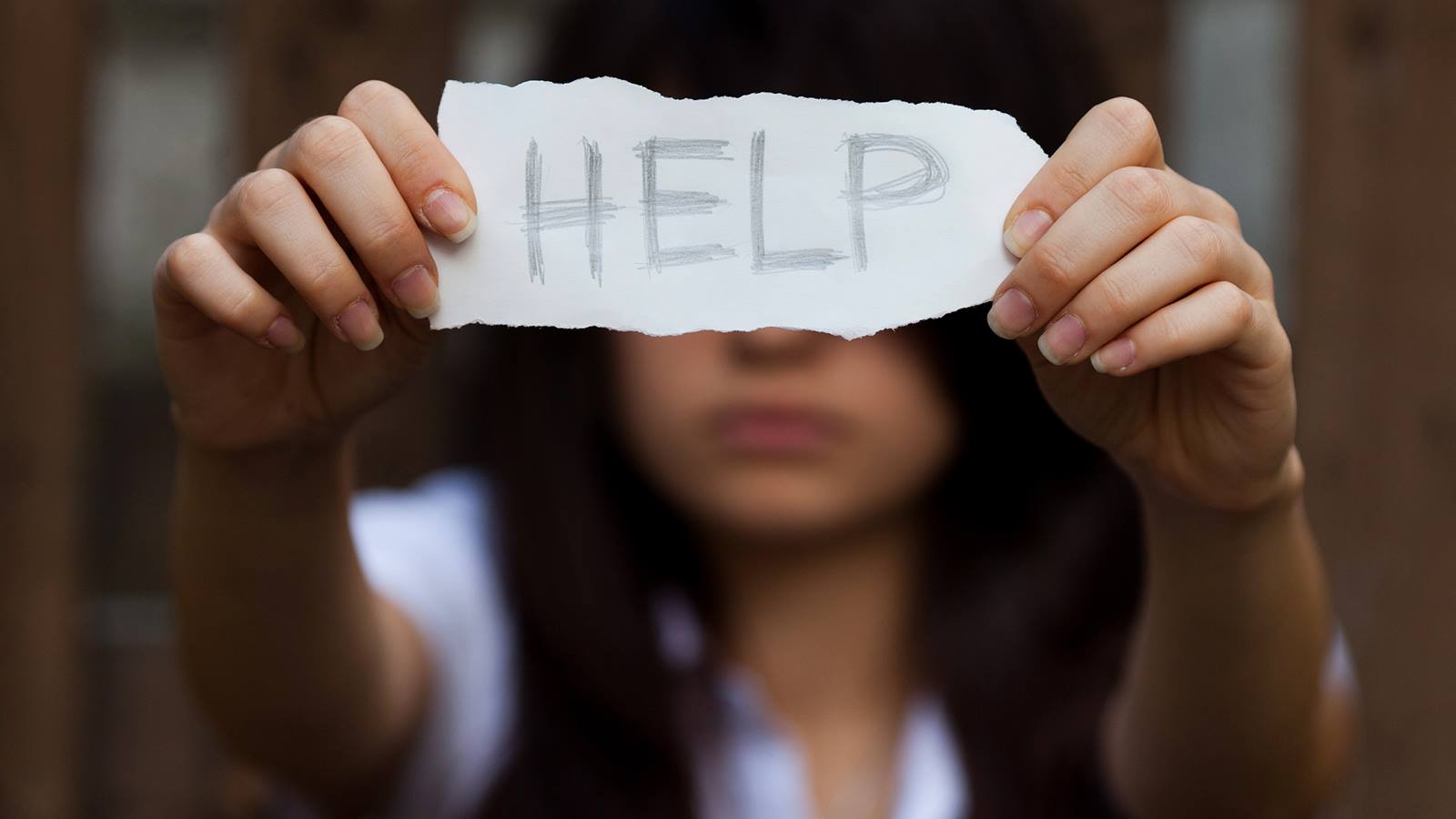In most cases involving someone dying, assigning the blame can be relatively straightforward. A drunk driver ran a red light and caused the death of someone crossing the road, a person is assaulted and dies from their injuries, an overworked surgeon botches a relatively simple medical procedure and the patient bleeds out. All these are terrible situations, but at least there is a relatively clear third party that can be prosecuted for the death.
However, what happens when someone commits suicide? Legally, the causal link is a lot harder to establish, since suicide is defined as someone taking his or her own life. However, this does not mean that other people might not have played a role. When looking at a suicide as a wrongful death case, there are a few questions that courts might consider, for example:
- Did the person commit suicide as a result of the defendant’s action or inaction?
- Did the defendant know that the deceased was suicidal?
- Are there any other factors that could have contributed to the suicide?
It should be noted that, unlike other areas of the law, there is no specific formula to determine fault in a suicide case. Therefore, it is important that you can provide sufficient evidence that the defendant’s actions or inaction played a direct role in a person’s suicide and can therefore be liable for a wrongful death.
Examples of Actions that could lead to a Wrongful Death Suit
While it is indeed difficult to determine fault, that’s not to say it is completely impossible. For instance, we can take the matter of medical malpractice. It is widely known that some anti-depressants can cause suicidal thoughts. If a doctor fails to properly monitor a patient on anti-depressive medication, and that patient takes their own life, the doctor could potentially be guilty of negligence.
Coercive action is another matter that can lead to wrongful death claims. For instance, there have been many cases of suicides as a result of students being bullied, and school officers failing to take action despite being aware of the bullying. In a famous case in 2015, the family of a 15-year-old Connecticut boy filed a lawsuit against their town and its school district, alleging that school officials knew that the boy was bullied relentlessly, but failed to take steps to protect him before he took his own life.
Another example of coercion leading to wrongful death would be someone in an abusive relationship committing suicide out of despair. In a case that is still making headlines today, an at the time 17-year-old girl goaded her 18-year-old boyfriend into killing himself by carbon monoxide poisoning. A notable part of the case was that the boyfriend got out of the truck halfway through the suicide attempt, but his girlfriend chastised him and made him get back into the truck to finish the job.
Getting Legal Help
As we’ve already established, there are a lot of grey areas surrounding the question of civil liability for suicide cases. That is why it is important to speak to an attorney who can prepare and articulate a convincing legal argument, while also being up-to-date on the ever-changing complexities of your state or country’s statutes on wrongful death or involuntary manslaughter. These are laws that authorize the family members or estate representative of a deceased person to file a lawsuit for damages resulting from the death.
While the law is in a state of flux over how to deal with these sorts of cases, there is one commonality, which is the need for expert testimony from qualified mental health professionals who can offer insight into the deceased’s frame of mind during the alleged events, and what, if any, part the defendant may have played in causing the deceased to take their own life. An experienced lawyer will therefore have a network of experts to help bolster the case.
What are your feelings on the issue? Share them in the comments below.


